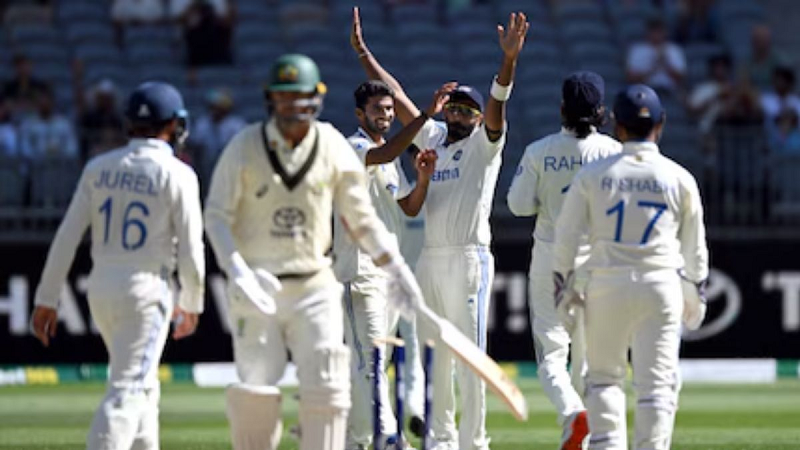Late Eating Causes Heart Attack: Often people are not able to eat food on time due to busy schedules. Many people have the habit of eating late at night. Some people may know that eating late is harmful to health, but hardly anyone knows how dangerous it can be. New research has revealed that not eating food on time increases the risk of heart attack. This risk is not small but increases by 6 percent every hour. Let us know what other revelations have been made in this study and what kind of routine can be beneficial for health.

Effect of not eating on time
You will be surprised to know that diet is the cause of death of more than one-third of people in the world. According to a study by Global Burden of Disease, a total of 1.86 crore people died in 2019. Out of which about 80 lakh people died only due to diet. This means that not eating food on time and not including a balanced diet in your daily routine causes major diseases.
Eating late means the risk of heart disease.
According to a study by a French research institute, eating the first meal late in the day can increase the risk of heart disease. This risk is not small but increases by 6 percent every hour. That means, compared to a person who eats on time, the risk of a heart attack increases by 6 percent for a person who eats 1 hour late. Even for dinner, the risk of heart disease increases by 6 percent per hour compared to those who eat late at 8 pm. According to the study published in Nature Communications, researchers used data from 103,389 participants to study the relationship between food-eating patterns and heart disease.
Routine as per study!

According to this study, the first meal of the day (breakfast) should be taken at 8 in the morning. Lunch should be taken between 12 to 1 o'clock. Evening snacks should be taken at 5 o'clock. And dinner should be taken by 8 o'clock. Special care should be taken that there should be an average time gap between every two consecutive miles. By doing this, problems like overeating can be avoided. Many people maintain the gap between two meals during the day but are unable to keep in mind the time between dinner and the morning meal. Therefore, the gap between the last meal of the day and the first meal of the next day should not be long.
Photo Credits: Google










